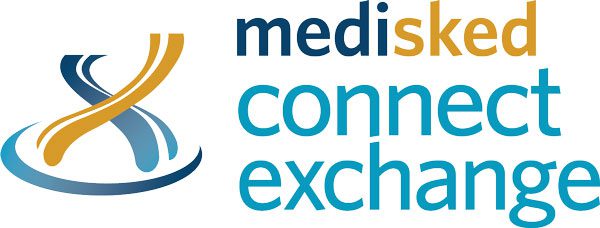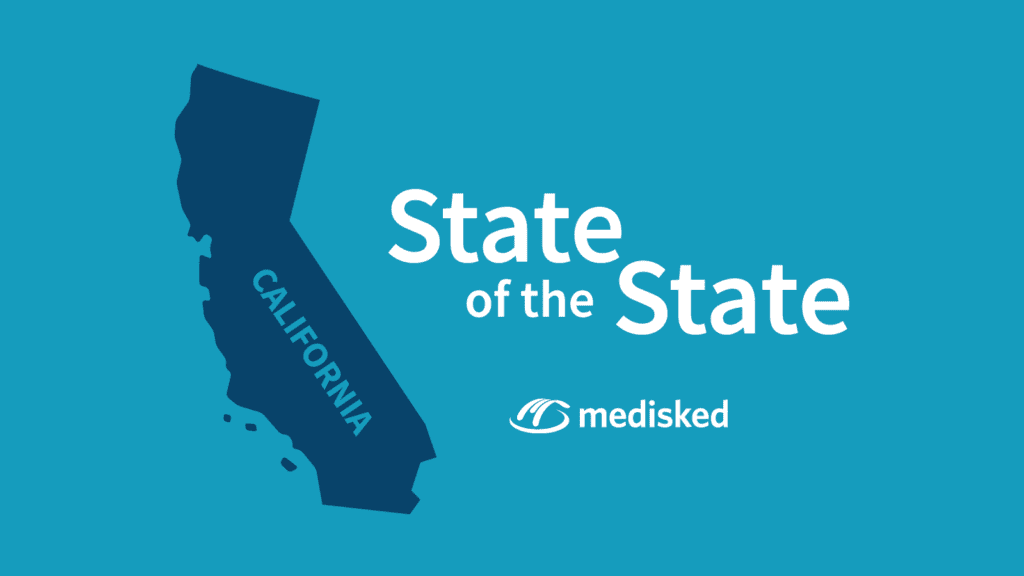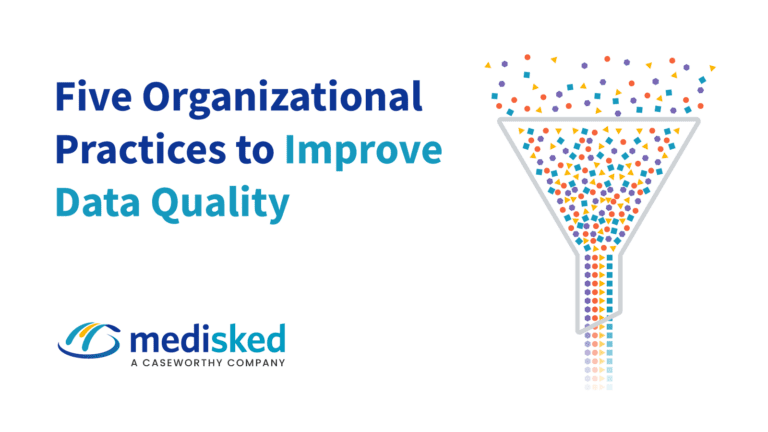Big States, Big Ideas
California has announced and rolled out Phase I of an ambitious plan to reshape its Medi-Cal program. Led by California’s Department of Health Care Services (DHCS), the goal of California Advancing and Innovating Medi-Cal (CalAIM) is to improve outcomes for the millions of Californians covered by Medi-Cal, especially those with the most complex needs.
The goal of any redesign is to try to reshape the approach to healthcare while expanding services and resources to reach a larger target group. California is no exception to this – they have outlined a five-year plan to expand their current programs and drive health systems to become outcome-focused with an emphasis on a more responsive, equitable, and proactive approach to healthcare.
This plan targets the following groups:
- People with significant behavioral health needs, including people with mental illness, serious emotional disturbance, and/or substance use disorder
- Seniors and people living with disabilities
- People experiencing homelessness who also have complex physical or behavioral health needs
- People transitioning from jail or prison back to the community who also have complex physical or behavioral health needs
- Children with complex medical conditions, such as cancer, epilepsy, or congenital heart disease
- Children and youth in foster care
Enhanced Care Management (ECM)
Phase I kicked off in January with California introducing Enhanced Care Management (ECM) as a mechanism to reach these populations. ECM is a new statewide Medi-Cal benefit available to select “Populations of Focus” that will address the clinical and non-clinical needs of the highest-need enrollees through intensive coordination of health and health-related services. It will meet beneficiaries wherever they are – on the street, in a shelter, in their doctor’s office, or at home. Beneficiaries will have a single Lead Care Manager who will coordinate care and services among the physical, behavioral, dental, developmental, and social services delivery systems, making it easier for them to get the right care at the right time.
Community Supports
The other key component of CalAIM is Community Supports, which are new statewide services provided by Medi-Cal managed care plans as cost-effective alternatives to traditional medical services or settings. Community Supports are designed to address social determinants of health and are available to eligible Medi-Cal members regardless of whether they qualify for Enhanced Care Management services.
The goal, it seems, is to bring the care directly to the person in order to maximize the benefit of services as well as serve a person-centered focus for the individual. The issues that arise through this approach vary with the main detraction being the ability to provide quality care anywhere without the use of professional facilities. The five-year plan seeks to address this.
In order to keep transparency throughout the process, CalAIM has put together a series of webinars virtually, to spotlight its Community Supports program. They have invited community providers such as Whole Person Care pilots, Medically Tailored Meals, and Managed Care Plans to answer questions from the field. This step is vital in making sure the community is as involved as the State. Without the community being able to have a voice, the likelihood of a community-centered approach succeeding is very slim.
Currently, California’s 1115(c) waiver is a primary funding mechanism to ensure the successful implementation of the ECMs and Community Supports. It is likely going to be a temporary solution due to the size and scope of this initiative. Do not be surprised if that shifts slightly over the next five years as the plan takes shape and tangible data is available to assess the success and shortcomings of the program.
For more information, please visit the DHCS website or register to attend their next webinar where questions will be answered more directly.
What the State Will Need
California’s DHCS and Medi-Cal managed care plans all need a software solution to handle all of the state’s data, gain insights, and report on outcomes of the CalAIM initiative. California can support care management activities and amplify oversight with MediSked’s robust reporting and business intelligence tools. The MediSked Solution Suite is configurable, interoperable, and supports a modular health IT stack to promote cost savings and efficiency. Learn more about our solutions for managed care here!
Resources for further reading:
- CA DHCS: CalAIM Enhanced Care Management, Community Supports, and Incentive Payment Program Initiatives
- California Health Care Foundation: CalAIM Explained: A Five-Year Plan to Transform Medi-Cal
- CalOptima: CalAIM: California Advancing and Innovating Medi-Cal








